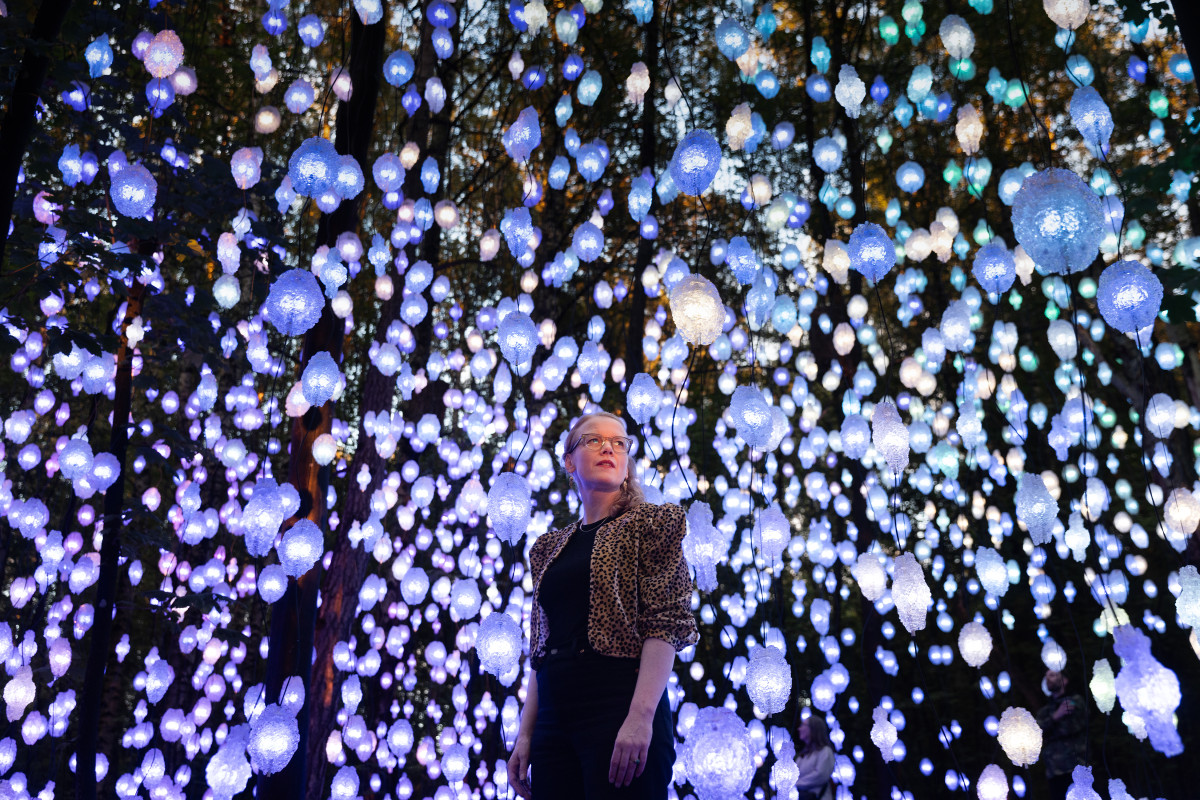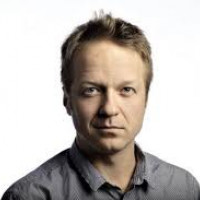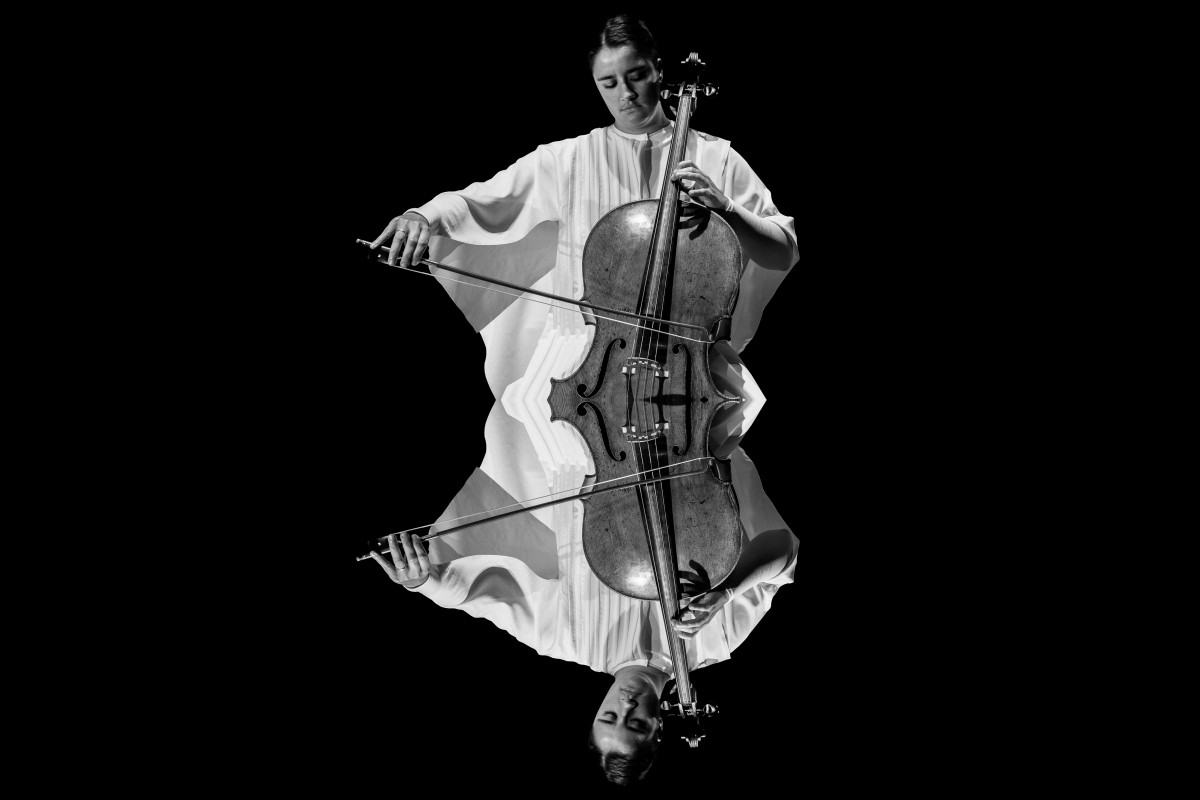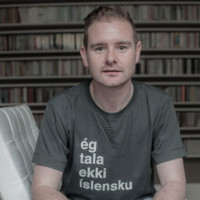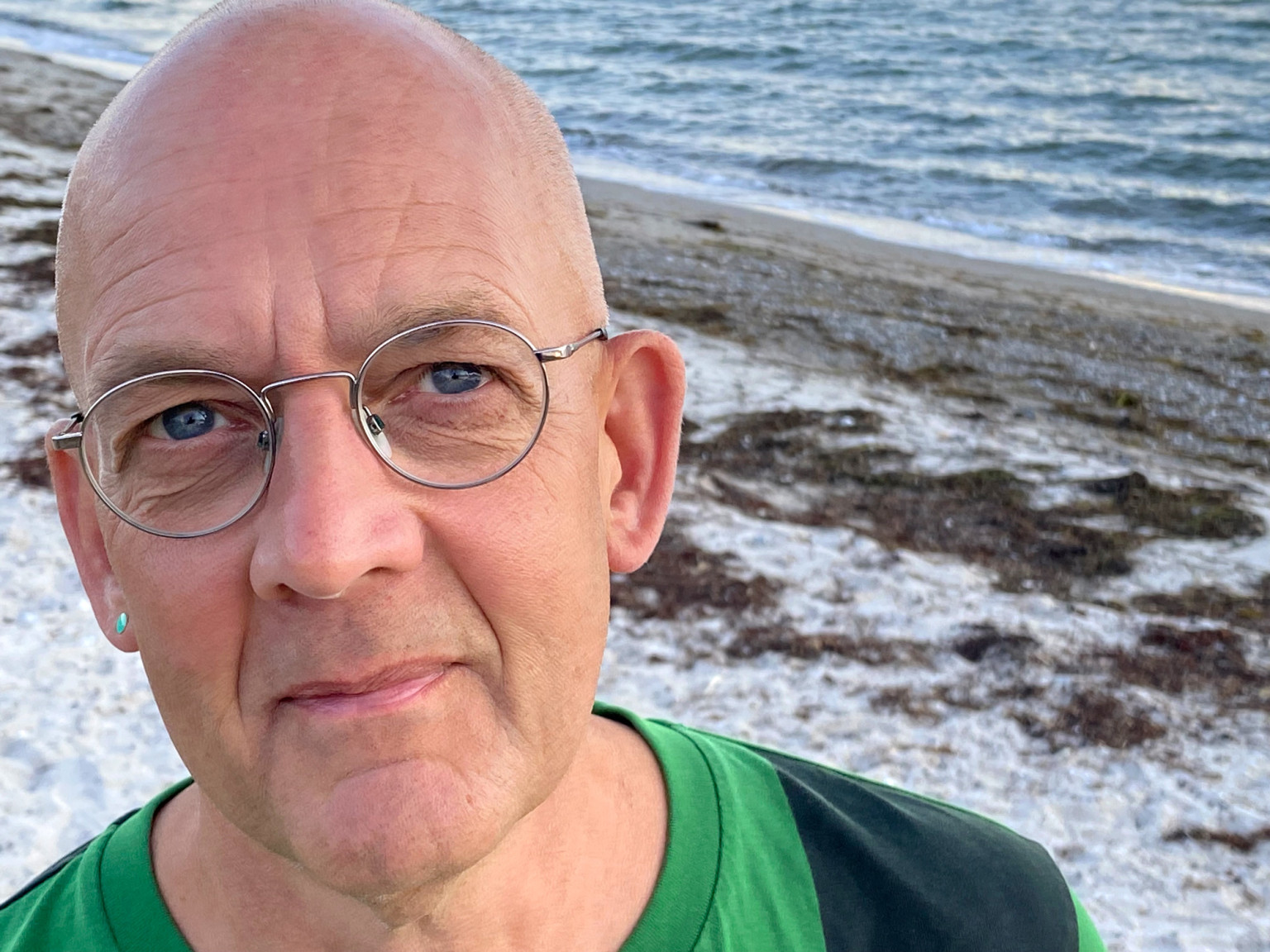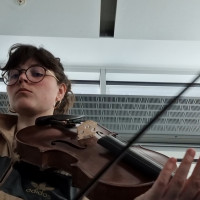Lyden på Eager Buyers er lige så intens som knitrende cellofan – og lige så afslørende. Det er, som om alle musikalske etiketter er pillet af, og tilbage står en rå, ufiltreret lydverden, hvor genrer opløses, og alt bliver muligt. Den Berlin-baserede spanske producer JASSS smeder sit udtryk i en punket legering af elektronisk musik, industrial, EDM og rockede guitarriffs.
Hendes tredje album er et opgør med konformitet og forventninger. At sætte ét mærkat på JASSS er næsten umuligt. Så skulle det måske være cool. I de komplekse rytmiske sammensætninger, hvor spor af bitcrush balanceres af melankolske harmonier og subtile hentydninger til medieval-core i nummeret »Sand Wrists«, bevæger vi os i et univers, der på én gang er nostalgisk og eventyrligt – og samtidig ulmende af Berlins natteliv.
Eager Buyers er dragende – også for lyttere, der ikke plejer at bevæge sig i den elektroniske sfære. Albummet har en tydelig fortælling, båret af en mørk, næsten teatralsk energi. JASSS vender sig mod en verden, hun oplever som »fejl-ernærende« – som hun formulerer det gennem sangtitler som »Hollow‹ og »The Mob Expects Malnutrition«. Men melodramaet får et skær af ironi: der er noget afvæbnende sarkastisk i det hele, som om Eager Buyers i virkeligheden handler om det desillusionerede moderne menneske.
JASSS rasler med cellofanen fra de musikalske indpakninger, vi plejer at kalde genrer, og minder os om, at musik også er et produkt, der skal sælges og købes. Eager Buyers er et album, der nægter at lade sig pakke ind – og netop derfor er det værd at købe.

